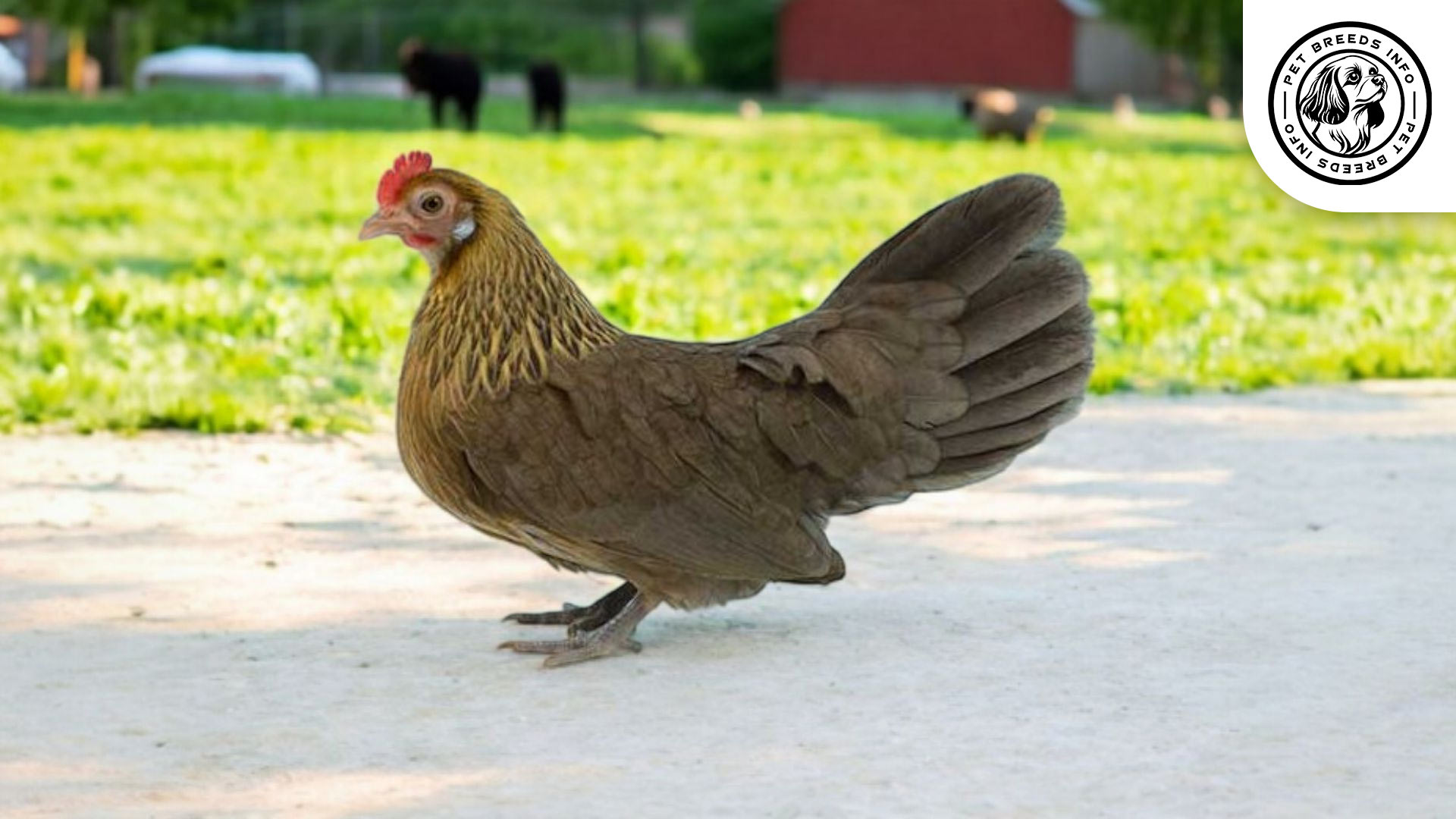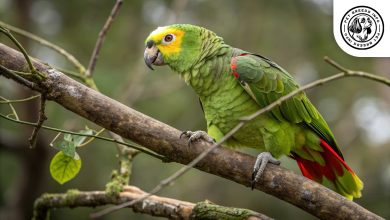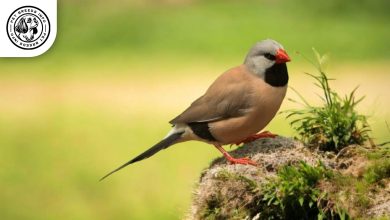Dutch Bantam Chicken Breed: Personality, Lifespan & Care
General Introduction of the Breed
The Dutch Bantam Chicken, known in Dutch as “Hollandse Kriel,” is a small but elegant breed of chicken that originated in the Netherlands. It is one of the oldest bantam breeds and is believed to have been developed hundreds of years ago. Dutch farmers preferred these small birds because they were excellent foragers and required minimal feed. The breed was officially recognized in the 20th century and remains popular among poultry enthusiasts for its beauty and friendly disposition.
Table of Contents
| Common Name | Dutch Bantam Chicken |
| Scientific Name | Gallus gallus domesticus |
| Origin | Netherlands |
| Size | Very small; 400–600 grams |
| Lifespan | 5–8 years |
| Colors | Black, blue, gold partridge, silver partridge, white |
| Talking Ability | Very limited; soft clucks |
| Noise Level | Low to moderate |
| Social Behavior | Friendly, active, and social |
Physical Characteristics
The Dutch Bantam Chicken is a true bantam breed, meaning there is no larger counterpart. Males (roosters) typically weigh around 500-600 grams, while females (hens) weigh approximately 400-500 grams.
They have a soft, well-feathered plumage that comes in various colors, including black, blue, gold partridge, silver partridge, and white. The breed is known for its upright stance and compact body shape.
The eyes are round and dark, giving them a bright and alert expression. The comb is single and stands upright, sometimes appearing slightly oversized due to the small size of the bird.
The tail is well-developed and carried high, especially in roosters. Their legs are slender and typically free of feathers.
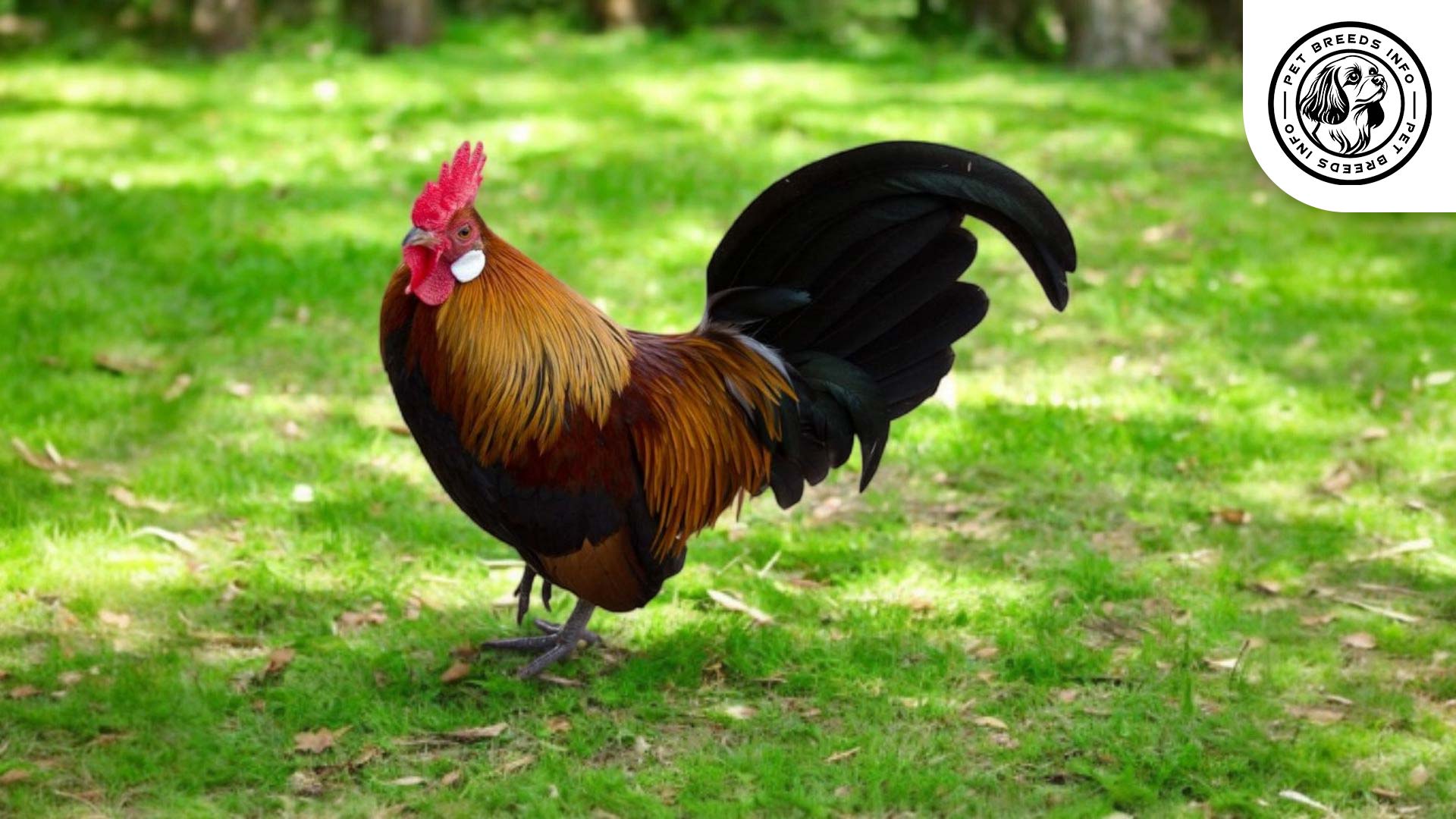
Personality and Temperament
The Dutch Bantam is known for its lively and active behavior. They are highly intelligent and quick learners, making them easy to manage.
Despite their small size, they have high energy levels and love to explore their surroundings. They enjoy free-ranging and foraging, but they can also be happy in a secure and spacious coop.
They are friendly and sociable towards their owners, often becoming affectionate with regular handling. However, they can be skittish if not accustomed to human interaction from a young age.
The breed does well with children when properly socialized, and they can live peacefully with other chicken breeds if introduced correctly.
While they are not aggressive, their small size makes them more vulnerable to bullying by larger breeds.
Care and Maintenance Requirements
Dutch Bantams require ample space to roam and forage. They thrive best in a secure backyard or garden with proper fencing to protect them from predators.
They adapt well to various climates but may struggle in extreme cold due to their small size and lightweight feathers. Providing adequate shelter, especially in winter, is crucial.
Grooming is minimal. Regular checking for parasites like mites and lice is essential, as their small size makes them more vulnerable.
Read More: Lincolnshire Buff Chicken
Hygiene is critical for their well-being. The coop should be cleaned regularly, and fresh bedding should be provided to prevent diseases.
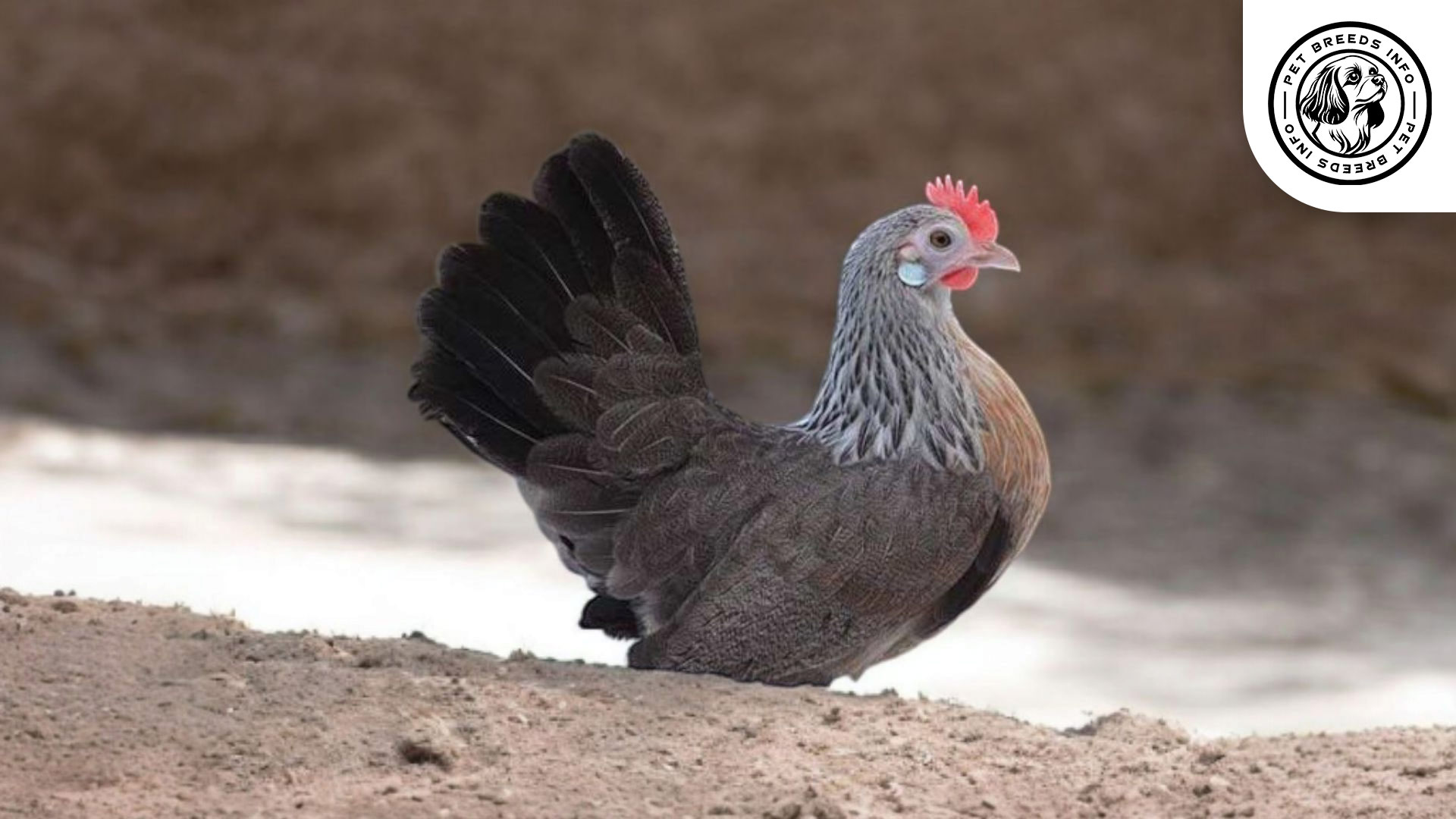
Diet and Nutrition
The Dutch Bantam Chicken requires a well-balanced diet consisting of high-quality poultry feed to maintain their energy levels and health.
They benefit from a mix of grains, seeds, vegetables, and occasional protein supplements like mealworms. Free-range birds will also supplement their diet naturally by foraging.
Foods to avoid include processed food, excessive salt, chocolate, and avocado, as these can be toxic to chickens.
Providing fresh water at all times is essential, along with proper calcium sources such as crushed oyster shells for strong eggshell production.
Health and Common Medical Issues
Dutch Bantams are generally hardy birds but can be prone to common poultry diseases such as respiratory infections and mites.
Due to their small size, they may be more susceptible to predators, so a secure coop is necessary.
Their average lifespan is between 5 to 8 years, depending on care and diet.
Routine health checks, proper nutrition, and vaccinations help maintain their well-being.
Read More: Derbyshire Redcap Chicken
Training and Behavior Management
Training Dutch Bantams is relatively easy as they are intelligent birds. They can be taught to recognize their owners, follow commands, and even come when called.
Early exposure to human interaction and gentle handling is recommended for a more socialized bird.
Positive reinforcement, such as treats, works well when training them to return to their coop or to become accustomed to human contact.
Interaction with Other Animals and Humans
Dutch Bantams get along well with people, especially when raised in a friendly environment. They enjoy human interaction but may be shy initially.
They are generally good with children but should be handled gently because of their small size.
With other chickens, they usually coexist peacefully but may struggle in flocks with much larger breeds.
They are better suited for families with backyard space rather than commercial farms.
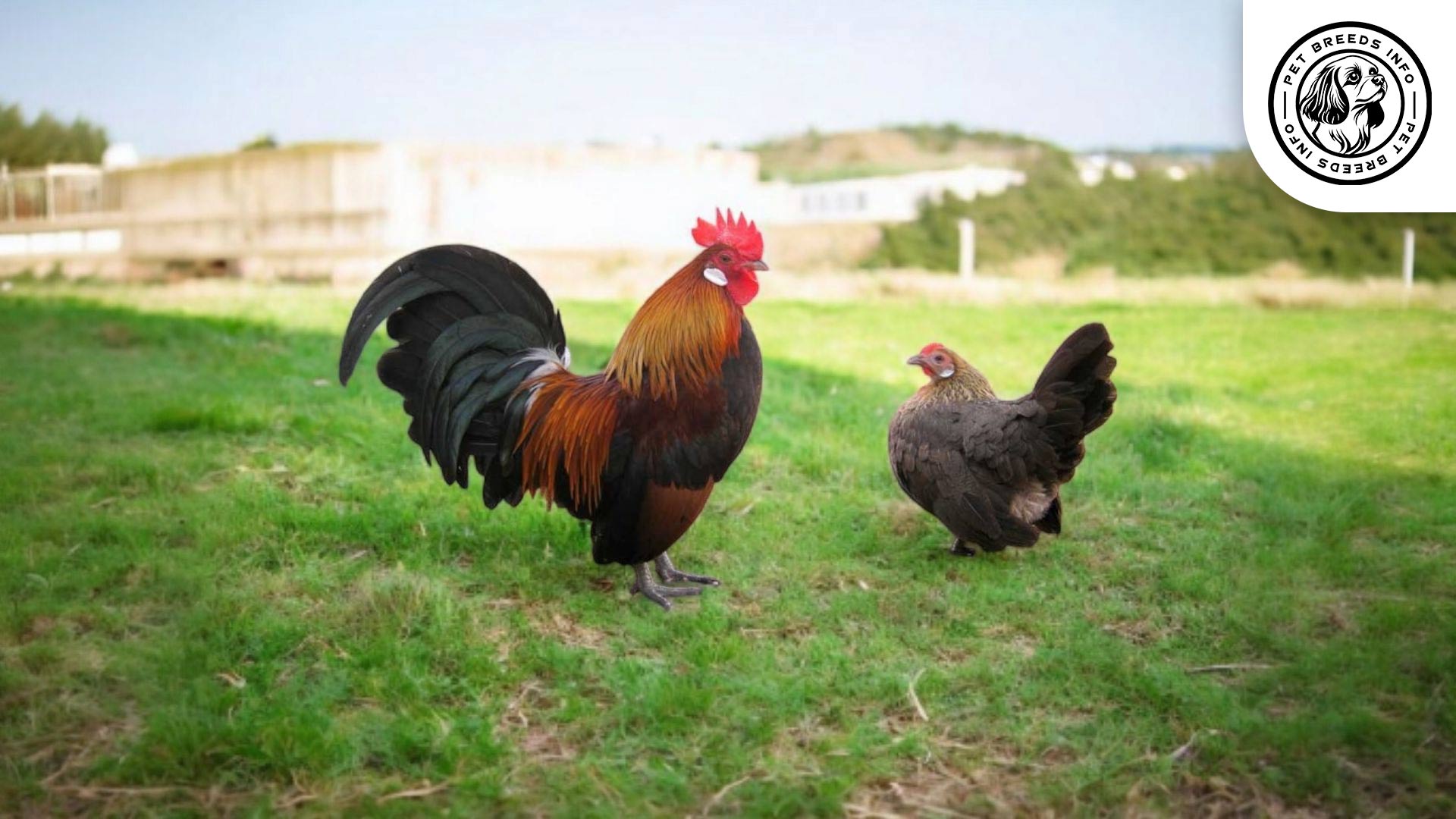
Price and Availability
The cost of a Dutch Bantam Chicken varies depending on the breeder and location, but they are relatively affordable compared to other rare breeds.
A chick may range from $5 to $15, while a fully grown bird can cost between $20 to $50.
They can usually be found through specialized poultry breeders, local farms, and online hatcheries.
Before purchasing, ensure the breeder is reputable and provides healthy, vaccinated birds.
Conclusion and Final Thoughts
The Dutch Bantam Chicken is an excellent choice for poultry enthusiasts looking for a small, charming, and active breed. They are beautiful, friendly, and easy to care for, making them ideal for backyard chicken keepers.
Read More: Ducorp’s Cockatoo Bird
They thrive in a spacious and secure environment where they can forage and interact freely. Due to their small size, they require extra protection from predators and harsh weather conditions.
Potential owners should ensure they can provide the necessary space, diet, and medical care before adopting this breed.
Overall, the Dutch Bantam Chicken is a delightful and rewarding breed to raise for both beginners and experienced poultry keepers alike.
FAQ
Are Dutch Bantam Chickens good for families with children?
Yes, they are friendly and sociable, but children should handle them gently due to their small size.
How much space do Dutch Bantams need?
They thrive with ample backyard or garden space where they can forage and roam safely.
What kind of diet is best for Dutch Bantam Chickens?
A balanced diet of high-quality poultry feed, grains, vegetables, and occasional protein supplements like mealworms.
Are Dutch Bantams good with other chicken breeds?
They usually coexist peacefully but may be bullied by larger, more aggressive breeds.
How hardy are Dutch Bantam Chickens?
They are generally hardy but need protection from predators and extreme cold due to their small size.
